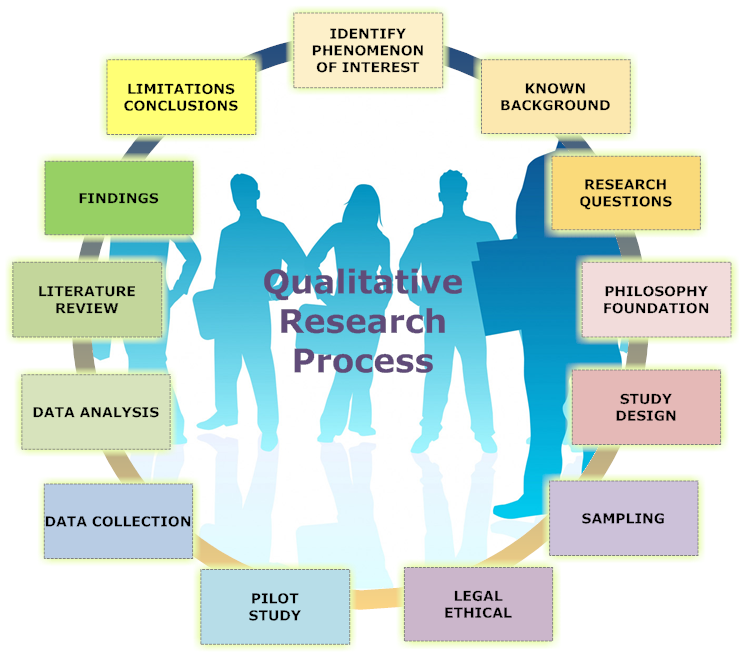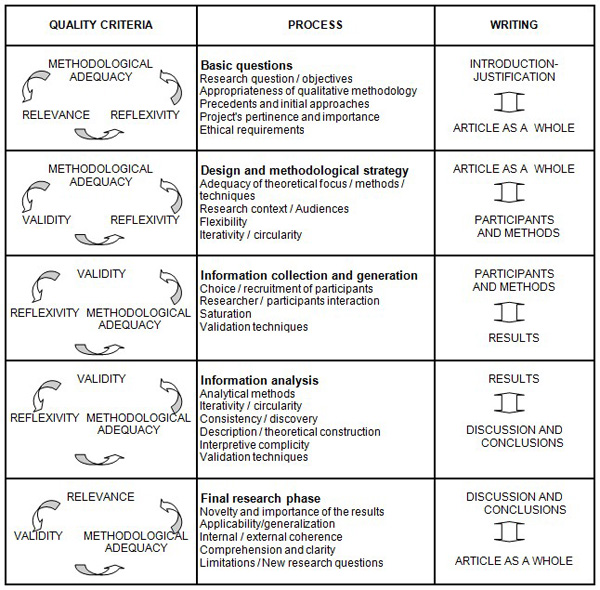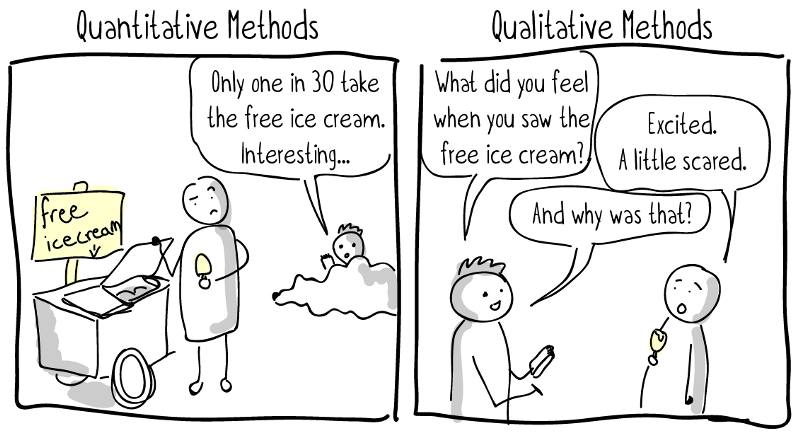This section explores the concepts, definitions, paradigms, standards, process & procedures of Social science researches .
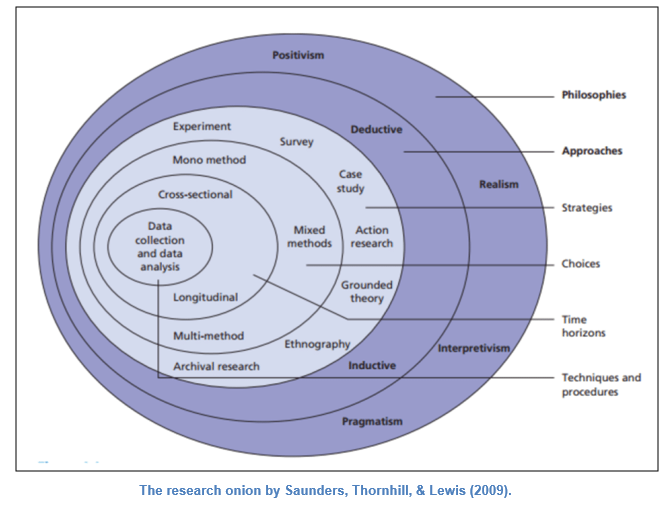
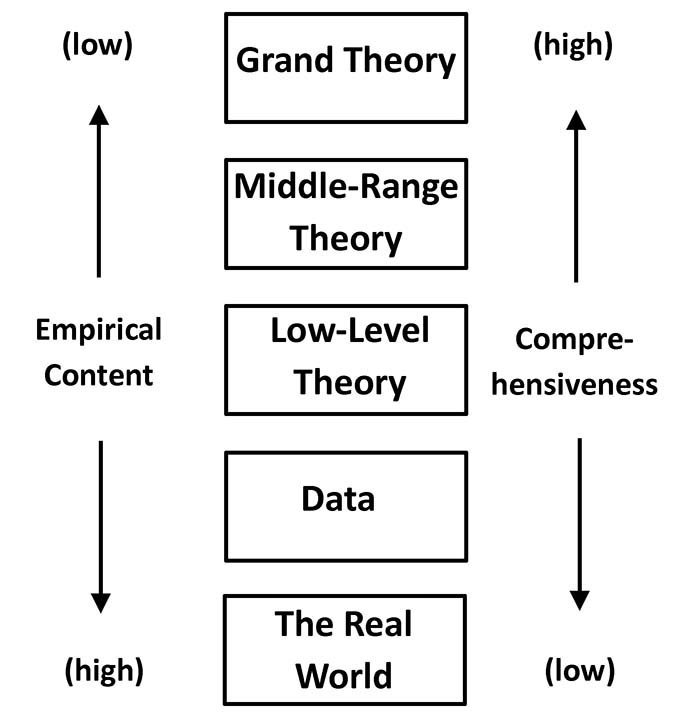
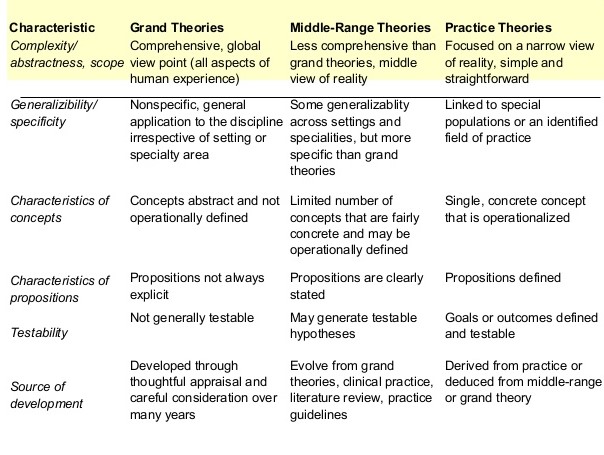
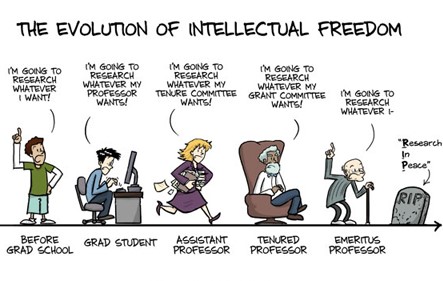
1.What is my Claim? 2.What Reasons support my claim? 3.What Evidence supports my reasons? 4.Do I acknowledge, Alternatives/Complications/ Objections, and how do I respond? 5.What principle makes my reasons relevant to my claim?

1.Reasons - State your arguments in support of your claim. The claim and the reasons you will give for supporting it 2.Evidence - Illustrate and explain your reasonings via facts, statistics, stories, examples, and testimony from experts.

Rhetoric is the art of persuasion. The goal of persuasion is to change others’ point of view or to move others to take action. This should be applied in terms of research. Aristotle (384-322 BCE) is the most notable product of the educational program devised by Plato. Aristotle wrote on an amazing range of subjects, from logic, philosophy, and ethics to physics, biology, psychology, politics, and rhetoric.

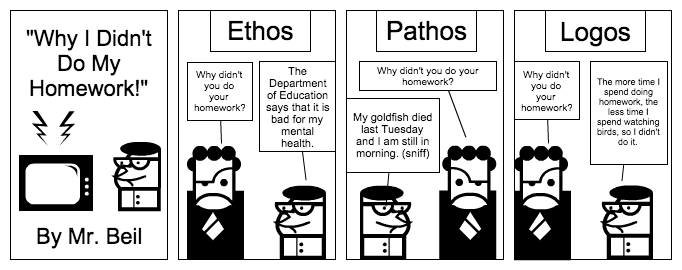
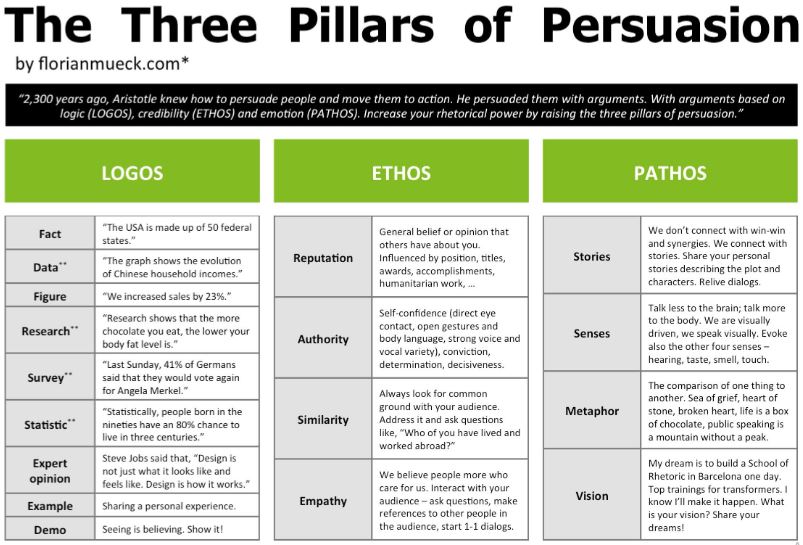
The term "Social Research" refers to topics relating to the questions relevant to the social scientific fields, such as socioloy, human geography, social policy, politics, criminology and all subject that does not included in real sciences and technolgy related fields. Social research involves research that draws on the social sciences for the conceptual and theorectical inspirations. Such research may be motivated by the developments and changes in the society.
Observation and study of the Social Environment and related academia, may likely to lead to one of the following; 1. Researchers may notice a gap in the literature or academia or inconsistency between the number of studies or an unresolved issue in the literature. 2. Researcher may notice a development or an irregularity in society that provides an interesting point for investigation.
1. Literature Review
To identify the knowledge gap To generate the topic To indentify what is already know about the product To indentify what concepts and theories have been used to the topic To indentify what research methods have been used To indentify what topic controvies and how it has been studied To indentify what clashes of evidence To indentify who are key contributors research previously
2. Philosophy, Theory and Concepts PhilosophyThe study of the fundamental nature of knowledge, reality, and existence, especially when considered as an academic discipline.
TheoryTheories will act as a guide to whether to use the collected data to test or build theories.
ConceptsThe way of making sense of the social world. They are essetially labels given to aspects of the social world that seem to have common features that strike us significant.
The concepts will provide1.Concepts helps to organize and signal the intended audiences on the research interests. 2.Provides discipline and assists in finding what is required and communicate the research findings.
Guide your literature review Guide your decisions about what kind of research design to employ Guide your decisions about what kind of data to be collected Guide your decisions about data analysis strategies Guide your decisions about writing up the thesis To avoid unnecessary decisions Provide clear sense of what is research is about
4. Sampling Social research is not always carried out on people. Non- data is also gathered and examined. Sampling is usually based on principle that it should be represent of the ( and thereof act as a microcosm of) a wider population. 5. Data Collection Gathering data from the sample so that the research questions can be answered. 6. Data Anlaysis The management, analysis and interpretation of the data. 7. Writing up the Thesis The dissemination of the research and its findings.The General Layout of the Research Thesis
IntroductionThe background of the core concpets of the research topic and the rise and reason of the research problem and the significance of the research problem. Highlighting the theorectical, practical and empirical signance and impotance of carrying out the research.
Literature ReviewDefinitons of the key concepts, history and the present circumstances of the research. Emipirical evidence of prior researches on the research topic.
MethodologyThe research apporach, research design, population and sample, hypothesis and data analysis strategies.
Data AnalysisThe results and findings of the data analysis strategies.
Discussion of the analysisCompare and contrast the results and findings with other empirical evidence.
ConclusionsThe conclusion derived from the results.
ReferencesAll the cited literature.
AppendixAny relevant annexures
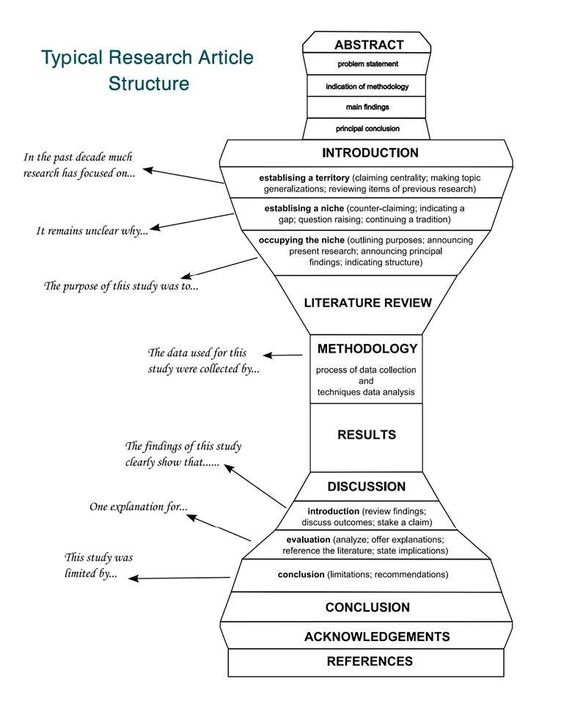
It states that building knowledge occurs best through building things that are tangible an sharable. The idea that people learn effectively through making things. Constructionism is connected with experiential learning and builds on some ideas.
People construct their own understanding and knowledge of the world, through experiencing things and reflecting on those experiences. When we encounter something new, we have to reconcile it with our previous ideas and experience, maybe changing what we believe, or maybe discarding the new information as irrelevant. There are many flavors of constructivism, but one prominent theorist is Jean Piaget, who focused on how humans make meaning in relation to the interaction between their experiences and their ideas. Constructionism--the N word as opposed to the V word--shares constructivism's connotation of learning as "building knowledge structures" irrespective of the circumstances of the learning.
Conventionalism states that scientific theory is not underpinned by adequate empirical evidence and formal reasoning. Conventionalists, derives from general agreement among the scientific community over the conventions adopted.Conventionalism contrasts with rationalism and empiricism. Empiricism sees science as a progressively and continuously accumulating body of knowledge. Conventionalism denies the necessity of this view. Conventionalist accounts of the production of scientific knowledge accept the fallibility of the empirical base and the impossibility of proven knowledge.
The term empiricism from the ancient Greek word empeiria, “experience.” The theory that all knowledge is based on experience derived from the senses. Stimulated by the rise of experimental science. Concepts are said to be “a posteriori” (Latin: “from the latter”) if they can be applied only on the basis of experience, and they are called “a priori” (“from the former”) if they can be applied independently of experience. Beliefs or propositions are said to be a posteriori if they are knowable only on the basis of experience and a priori if they are knowable independently of experience
The term is derived from the Greek epistēmē (“knowledge”) and logos (“reason”), and accordingly the field is sometimes referred to as the theory of knowledge. The first theories of knowledge stressed its absolute, permanent character, whereas the later theories put the emphasis on its relativity or situation-dependence, its continuous development or evolution, and its active interference with the world and its subjects and objects.
A philosophical theory or approach which emphasizes the existence of the individual person as a free and responsible agent determining their own development through acts of the will. (1) Existence is always particular and individual—always my existence, your existence, his existence, her existence. (2) Existence is primarily the problem of existence (i.e., of its mode of being); it is, therefore, also the investigation of the meaning of Being. (3) That investigation is continually faced with diverse possibilities, from among which the existent (i.e., the human individual) must make a selection, to which he must then commit himself. (4) Because those possibilities are constituted by the individual’s relationships with things and with other humans, existence is always a being-in-the-world
Feminist theory is the extension of feminism into theoretical, fictional, or philosophical discourse. It aims to understand the nature of gender inequality. It examines women's and men's social roles, experiences, interests, chores, and feminist politics in a variety of fields, such as anthropology and sociology, communication, media studies, psychoanalysis,[1] home economics, literature, education, and philosophy.
Ithe study of the general principles of biblical interpretation. For both Jews and Christians throughout their histories, the primary purpose of hermeneutics, and of the exegetical methods employed in interpretation, has been to discover the truths and values of the Bible.
In a sociological sense, idealism emphasizes how human ideas—especially beliefs and values—shape society. two basic forms of idealism are metaphysical idealism, which asserts the ideality of reality, and epistemological idealism, which holds that in the knowledge process the mind can grasp only the psychic or that its objects are conditioned by their perceptibility. In its metaphysics, idealism is thus directly opposed to materialism—the view that the basic substance of the world is matter and that it is known primarily through and as material forms and processes.
Interpretive researchers assume that access to reality (given or socially constructed) is only through social constructions such as language, consciousness, shared meanings, and instruments. This philosophy emphasizes qualitative analysis over quantitative analysis.
The theoretical framework and basic concepts that is generally used in grammatical description of languages. The reality is conceived through the complexity of language. Inquires into the nature of language itself and seeks to answer fundamental questions as to what language is and how it works.
The philosophical study of being in general, or of what applies neutrally to everything that is real. The branch of metaphysics dealing with the nature of being.
Phenomenology is the study of structures of consciousness as experienced from the first-person point of view. The central structure of an experience is its intentionality, its being directed toward something, as it is an experience of or about some object.
A philosophical system recognizing only that which can be scientifically verified or which is capable of logical or mathematical proof, and therefore rejecting metaphysics and theism.that all knowledge regarding matters of fact is based on the “positive” data of experience and that beyond the realm of fact is that of pure logic and pure mathematics. Positivist researchers favour the quantitative research approaches over qualitative methods. Postpositivists accept that theories, background, knowledge and values of the researcher can influence what is observed. Postpositivists pursue objectivity by recognizing the possible effects of reseacher's biases.
Pragmatists contend that most philosophical topics—such as the nature of knowledge, language, concepts, meaning, belief, and science—are all best viewed in terms of their practical uses and successes. The philosophy of pragmatism "emphasizes the practical application of ideas by acting on them to actually test them in human experiences.
the view that regards reason as the chief source and test of knowledge. Holding that reality itself has an inherently logical structure, the rationalist asserts that a class of truths exists that the intellect can grasp directly. Rationalism is a reliance on reason {Lat. ratio} as the only reliable source of human knowledge. In the most general application, rationalism offers a naturalistic alternative to appeals to religious accounts of human nature and conduct.
In metaphysics, realism about a given object is the view that this object exists in reality independently of our concepts and beliefs. Realism can also be a view about the nature of reality in general, where it claims that the world exists independent of the mind. While positivists emphasize quantitative methods, postpositivists consider both quantitative and qualitative methods to be valid approaches.
Utilitarianism is a normative ethical theory that places the locus of right and wrong solely on the outcomes (consequences)
of choosing one action/policy over other actions/policies. Utilitarianism is an effort to provide an answer to the practical question “What ought a man to do?”,
Its answer is that he ought to act so as to produce the best consequences possible.
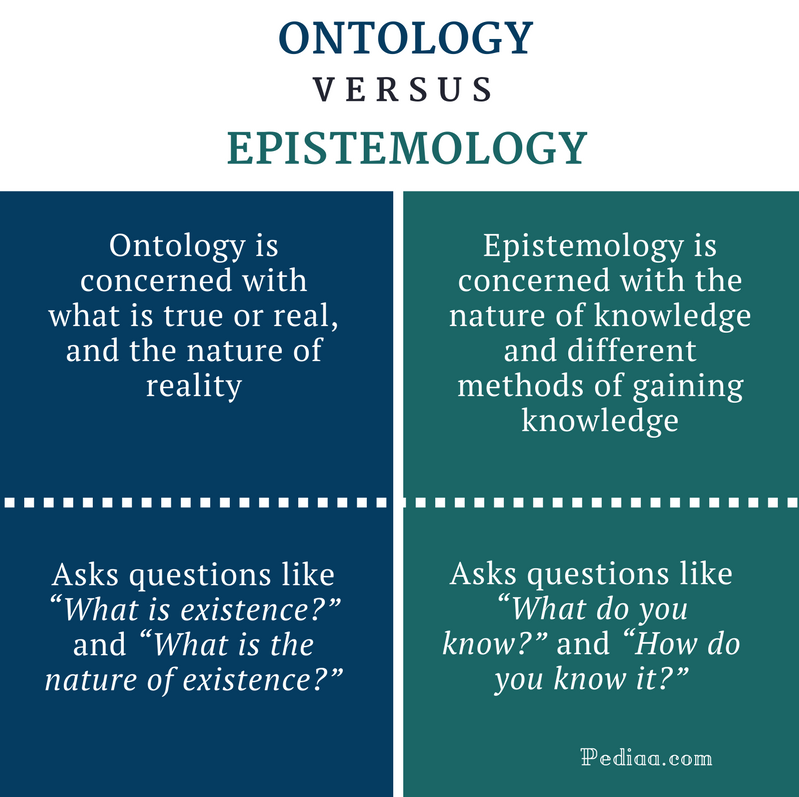
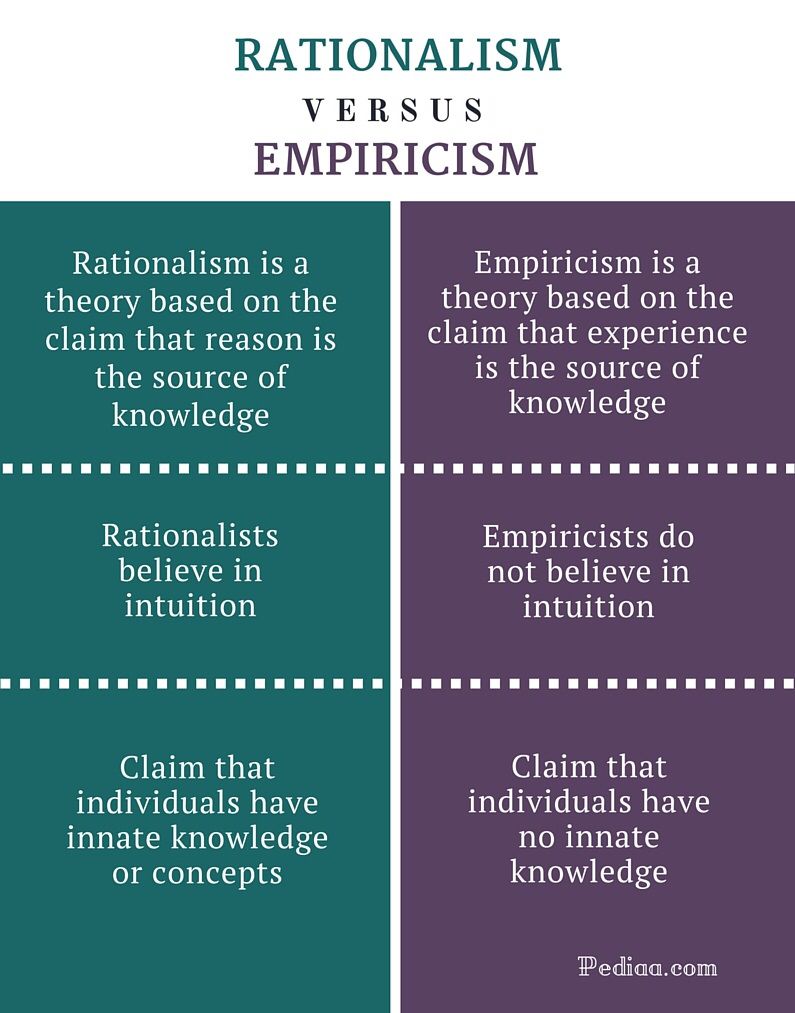
The function of a research design is to ensure that the evidence obtained enables you to effectively address the research problem logically and as unambiguously as possible. In social sciences research, obtaining information relevant to the research problem generally entails specifying the type of evidence needed to test a theory, to evaluate a program, or to accurately describe and assess meaning related to an observable phenomenon. the length and complexity of describing research designs in your paper can vary considerably, but any well-developed design will achieve the following:
1. Identify the research problem clearly and justify its selection, particularly in relation to any valid alternative designs that could have been used, 2. Review and synthesize previously published literature associated with the research problem, 3. Clearly and explicitly specify hypotheses [i.e., research questions] central to the problem, 4. Effectively describe the data which will be necessary for an adequate testing of the hypotheses and explain how such data will be obtained, and 5. Describe the methods of analysis to be applied to the data in determining whether or not the hypotheses are true or false.
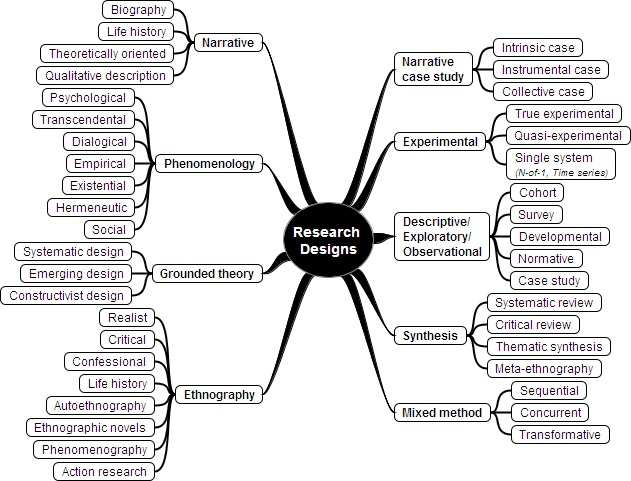
A research method is simply a technique for collecting data. It can involve a specific instrument such as a self administrated questionnaire or structured interview schedule, participation observant or collection from secondary data.
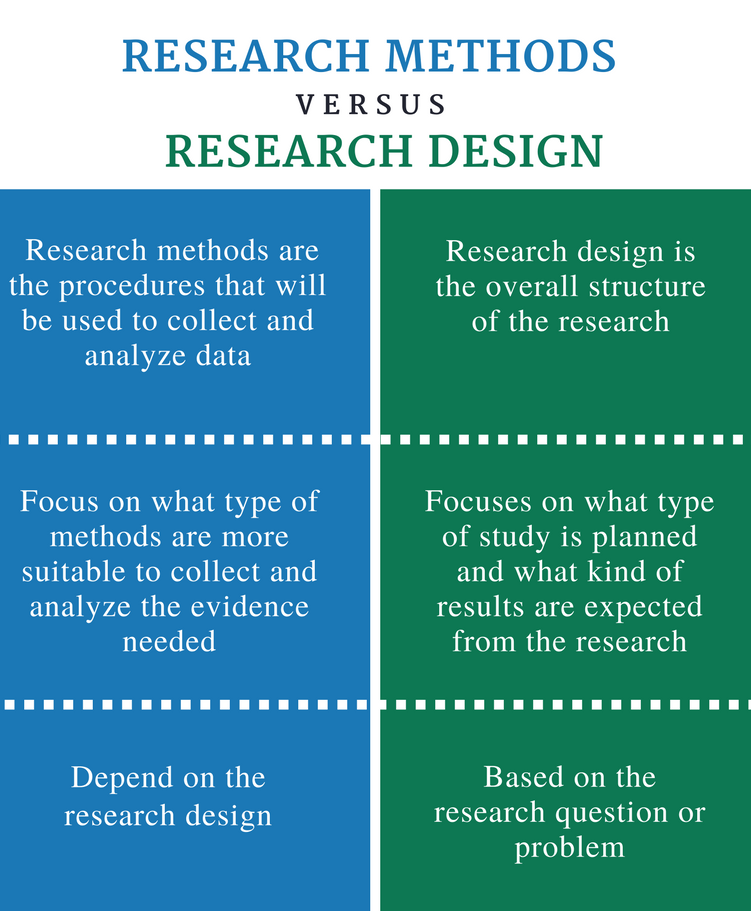
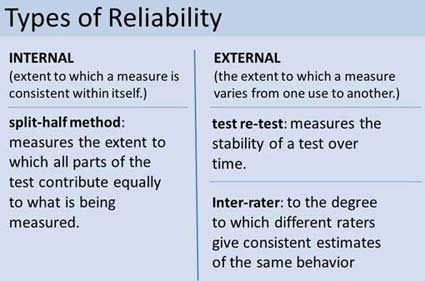
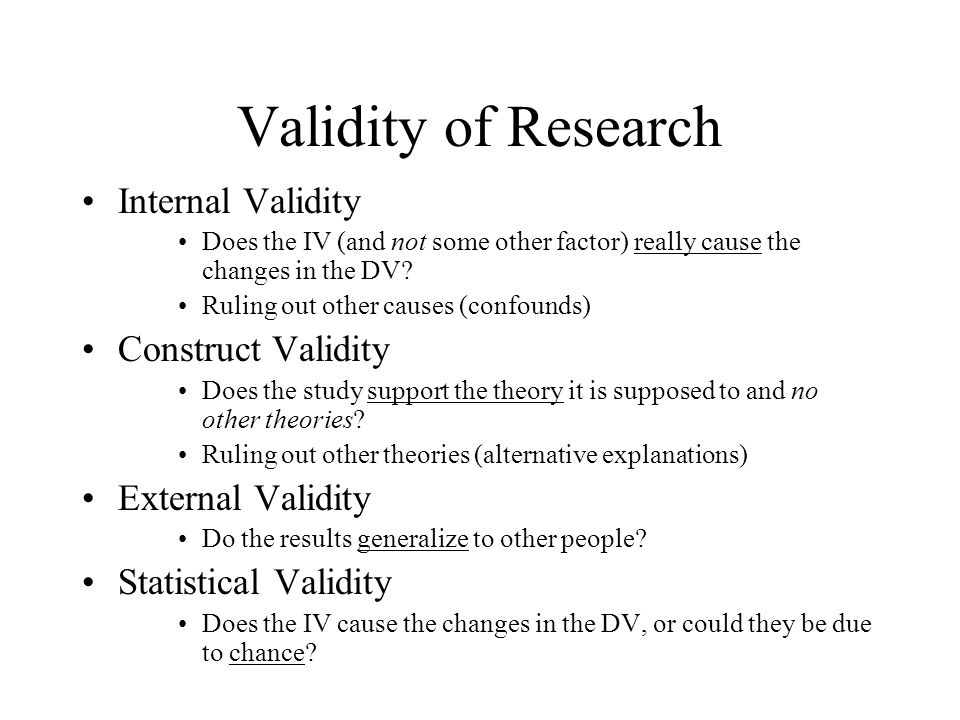
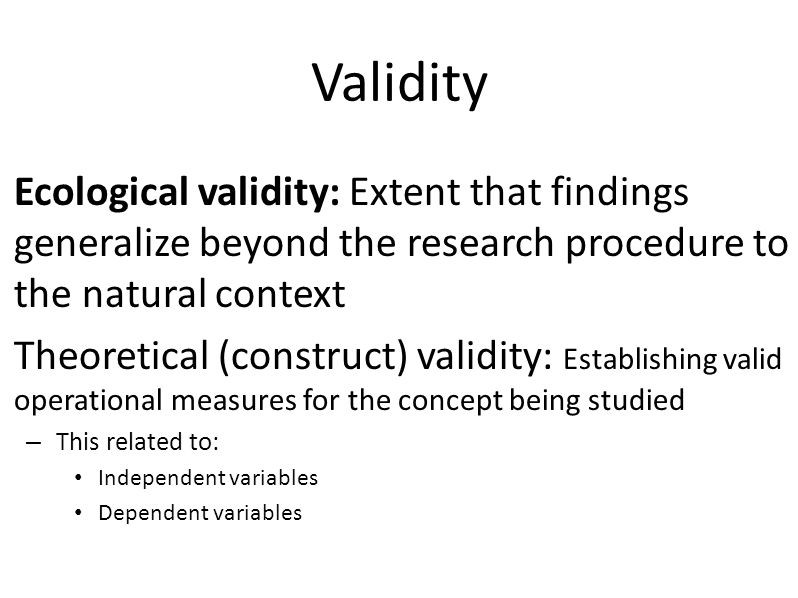
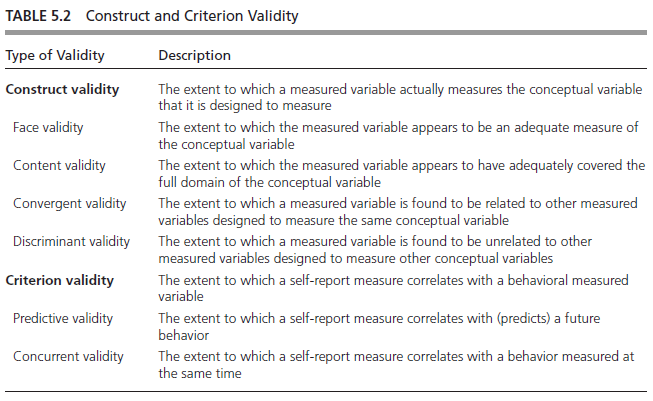
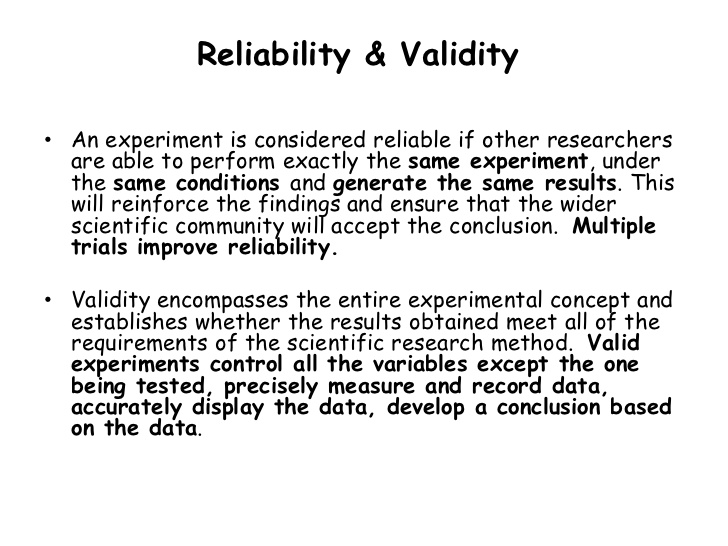
Quantitative methods emphasize objective measurements and the statistical, mathematical, or numerical analysis of data collected through polls, questionnaires, and surveys, or by manipulating pre-existing statistical data using computational techniques. Quantitative research focuses on gathering numerical data and generalizing it across groups of people or to explain a particular phenomenon.
1.Explain the data collected and their statistical treatment as well as all relevant results in relation to the research problem you are investigating. Interpretation of results is not appropriate in this section. 2.Report unanticipated events that occurred during your data collection. Explain how the actual analysis differs from the planned analysis. Explain your handling of missing data and why any missing data does not undermine the validity of your analysis. 3.Explain the techniques you used to "clean" your data set. 4.Choose a minimally sufficient statistical procedure; provide a rationale for its use and a reference for it. Specify any computer programs used. 5.Describe the assumptions for each procedure and the steps you took to ensure that they were not violated. 6.When using inferential statistics, provide the descriptive statistics, confidence intervals, and sample sizes for each variable as well as the value of the test statistic, its direction, the degrees of freedom, and the significance level [report the actual p value]. 7.Avoid inferring causality, particularly in nonrandomized designs or without further experimentation. 8.Use tables to provide exact values; use figures to convey global effects. Keep figures small in size; include graphic representations of confidence intervals whenever possible. 9.Always tell the reader what to look for in tables and figures.
The categories of the organization of ideas and observations. Once concepts are measured it can formed as independent and dependent variables.
Measure Concepts1. Measurement allows us to delineate fine differences between people in terms of the characteristics in question. 2. Measurement gives us consisitent device or yardstick for making such distinctions. 3. Measurement provides more provides more precise estimates of the degree of relationship between concepts.
IndicatorsIt provides a measure for concepts. They can be used as a cause for concepts that are less directly to the concepts.
Dimensions
These are used to measure formative behaviours. There is a possibility that concepts consists of many dimensions, when measuirng a concept different aspects and components of that concepts should be considered.
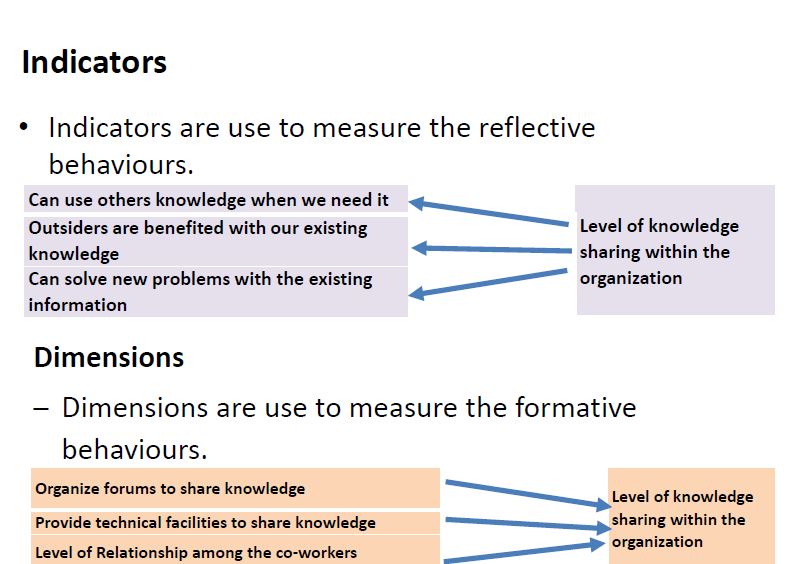
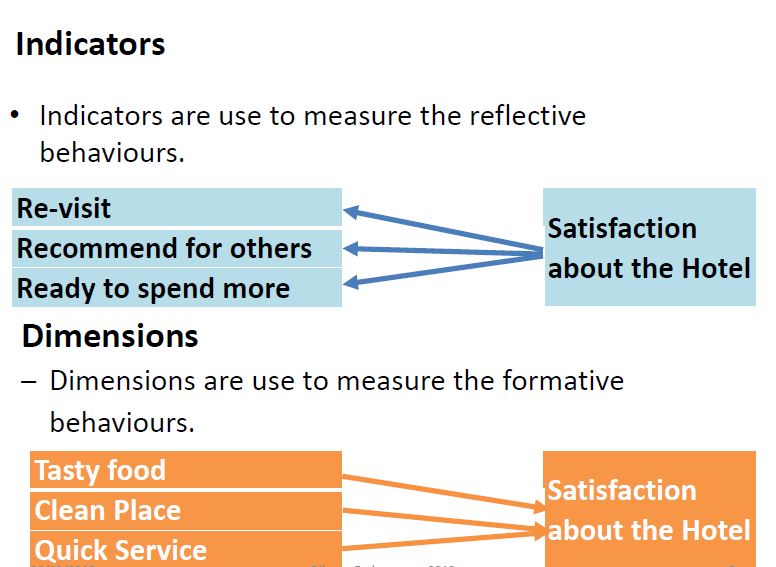
Quantitative methods has the following prominent models that has been frequently used in social researches. 1. Regression Models 2. Gap Measurement
Following models can be establish to examine the relationship between the independent and dependent variables. The moderating and mediating variables are interchangeable and can be increased to make the models for complexed regression models. Definition of the variables Independent Variable - a variable, whose variation does not depend on that of another. Dependent Variable - a variable, whose variation does depend on that of another. Control Variable - A control variable (or scientific constant) in scientific experimentation is an experimental element which is constant and unchanged throughout the course of the investigation Moderating Variable - A moderator variable is a third variable that affects the strength of the relationship between a dependent and independent variable. Meadiating Variable - A mediator variable is the variable that causes mediation in the dependent and the independent variables. In other words, it explains the relationship between the dependent variable and the independent variable.
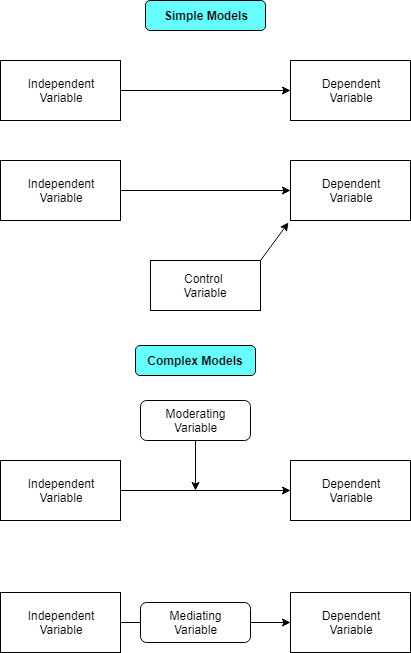
Qualitative reseach tends to be more concerned with words rather than numbers. 1. An inductive view of relationship between theory and research, where the former is generated via the latter. 2. An epistemological position described as interpretivist. 3. An ontological position described as constructionst.
